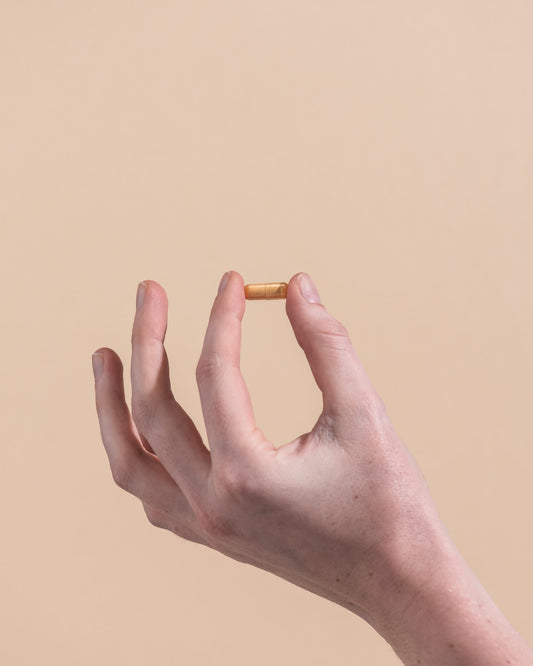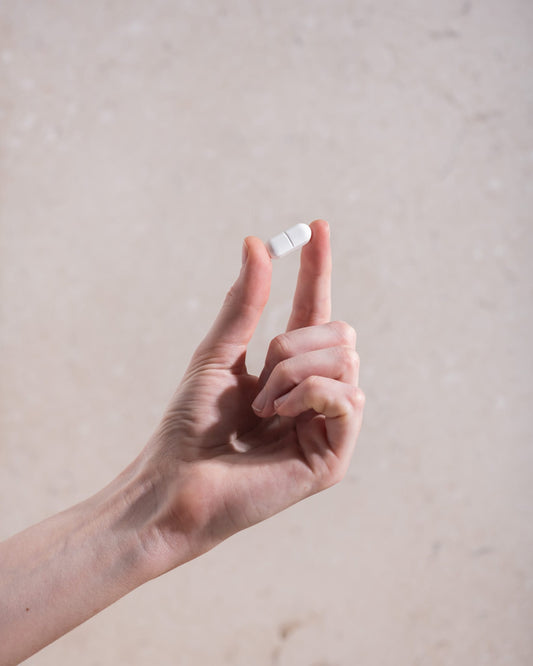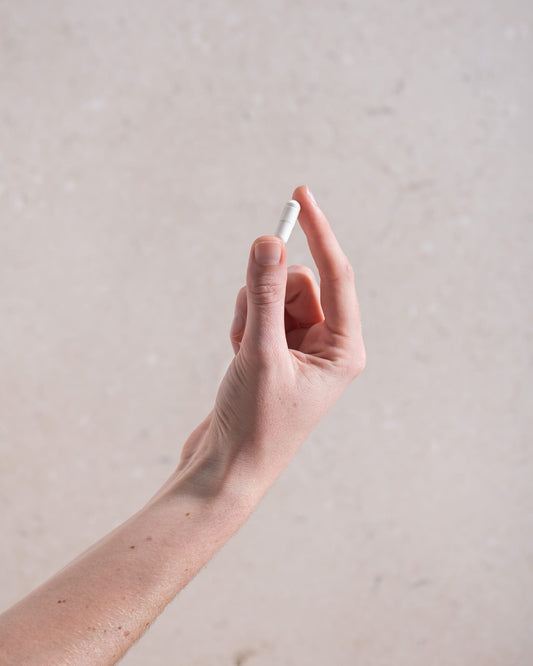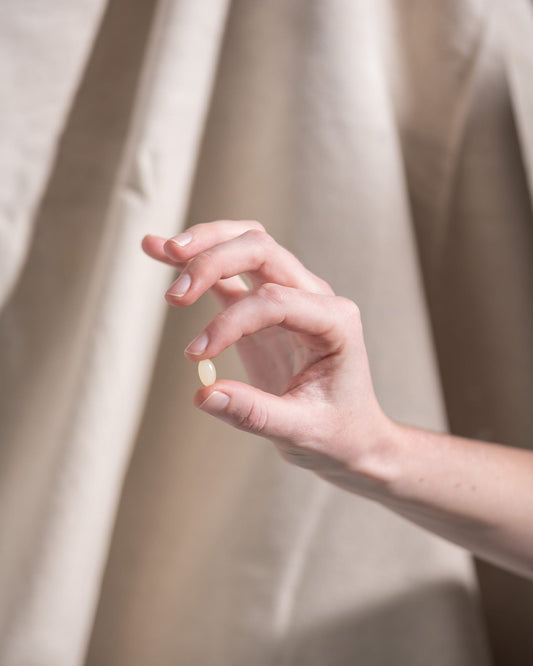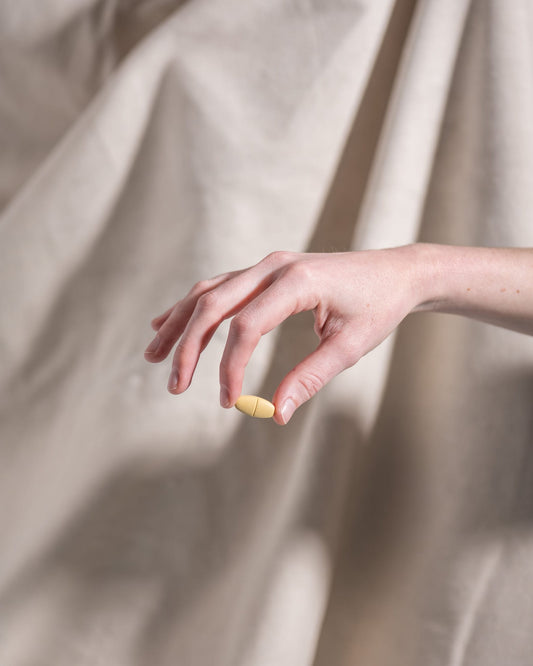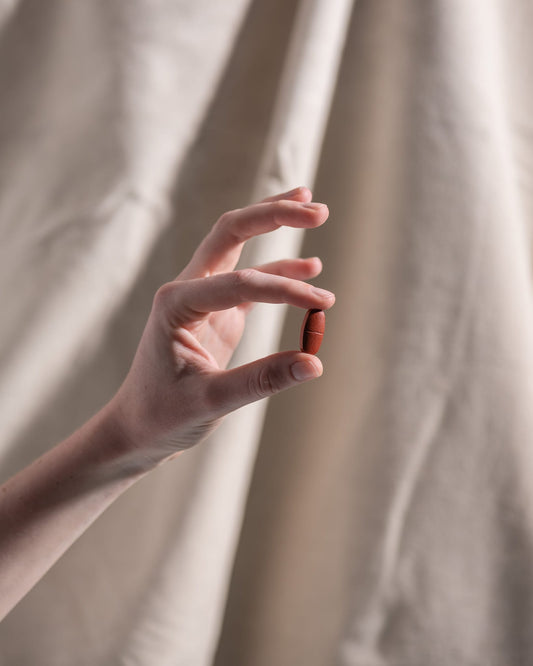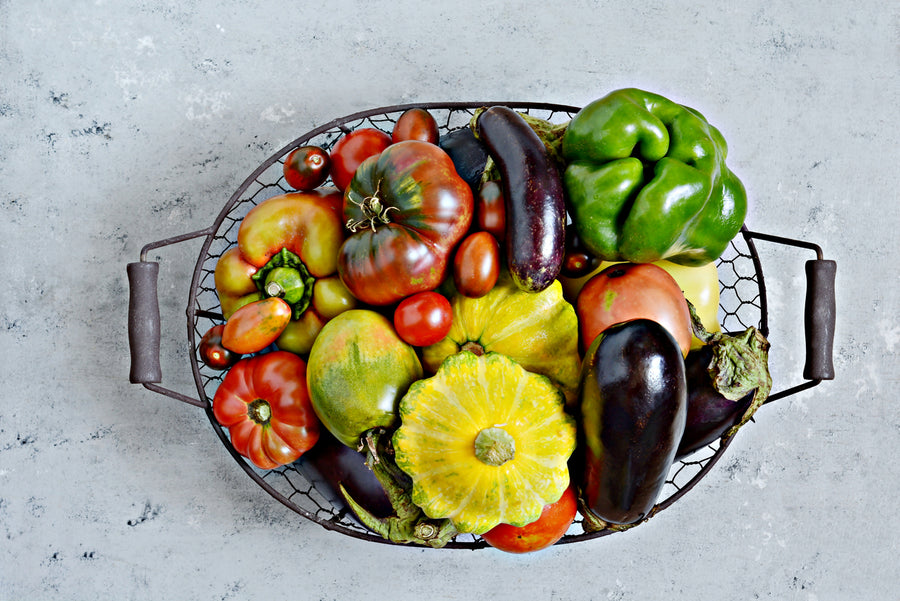Free radicals and oxidation
Free radicals are formed by a chemical reaction known as oxidation. Think of an apple slice that quickly turns brown – this is oxidation in action. Free radicals are unstable, electrically charged molecules that gain stability by stealing electrons from other molecules such as proteins, DNA or cell membranes.
Oxidation is a natural reaction within the body, but when increased oxidation occurs, important components of cells may become damaged and lose their ability to function normally.
Antioxidants
Antioxidants can be found in nutrients from fresh foods, and phytochemicals found in plants, particularly seeds and bark, where they help to combat free radical damage by donating one of their electrons to the unstable free radical molecule, inhibiting the oxidation process and helping to prevent cell damage.
Antioxidants help to reinforce your body’s antioxidant network to protect against free radical and oxidative damage. Once the antioxidant donates an electron to the free radical, it then becomes unstable itself. Many antioxidants have the ability to regenerate and recycle themselves back to their original antioxidant form. Antioxidants love working together and often interact with each other to provide a higher level of antioxidant protection than a single antioxidant alone.
Grape seed and OPCs
Grape seed is a potent antioxidant, mainly due to its OPC content. OPCs from Grape seed counteract the negative effects of free radical damage in the body. Grape seed has demonstrated antioxidant activity in both in vitro and in vivo studies, showing significantly greater antioxidant effects than vitamins C, E and betacarotene.
Health benefits of Grape seed:
- Supports blood vessel and capillary health
- Supports cardiovascular system health
- Supports healthy eyesight and vision
- Reduces free radicals formed in the body
See more here Grape Seed Gold and Women's Multi +




